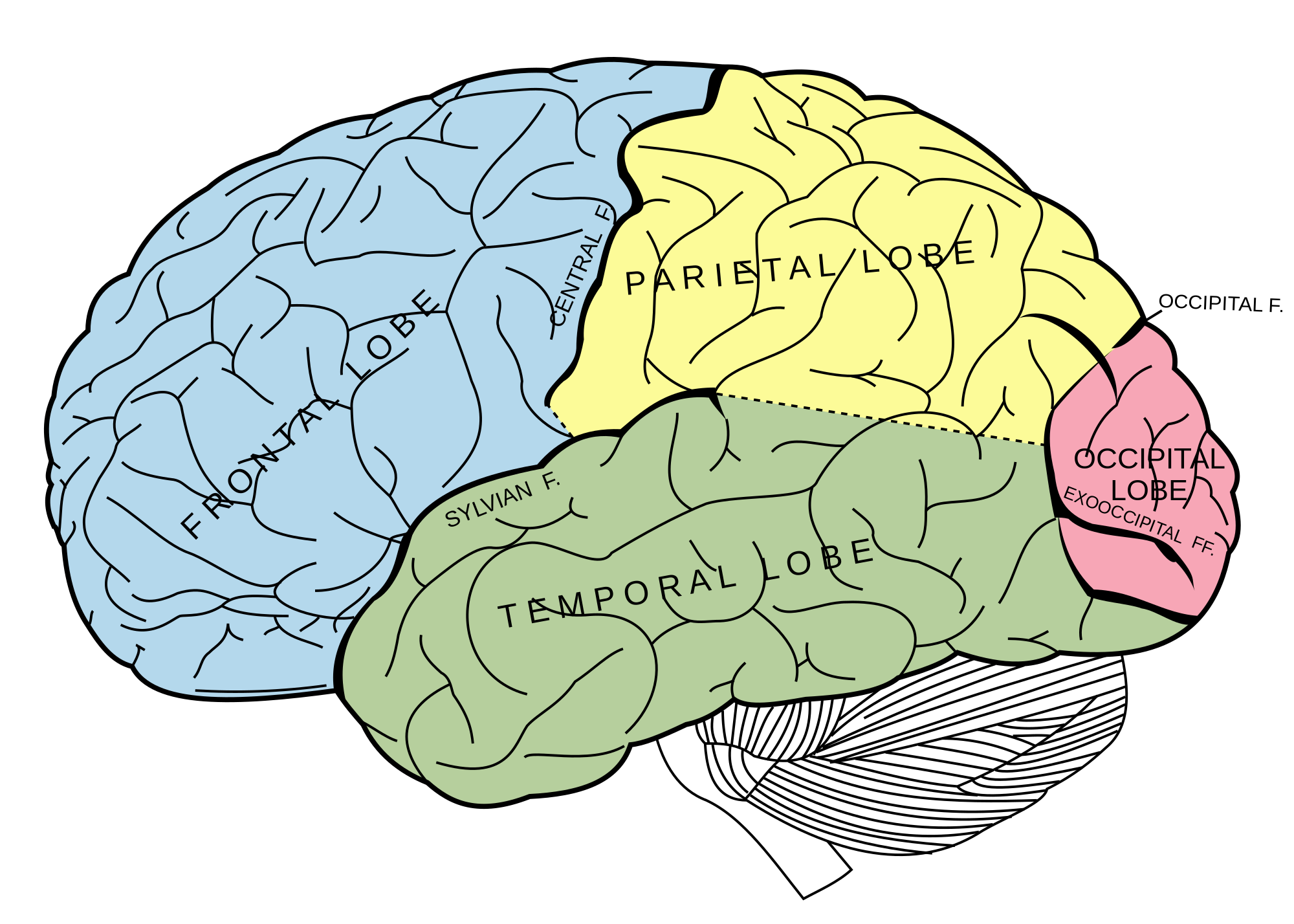... and why acting can hold you back.

There’s a big difference between acting tough and being strong. A controlling mother-in-law, demanding partner, or aggressive boss may be masking their lack of mental strength with a feigned air of toughness. While acting tough may meet someone's needs in the short-term, mental strength is necessary for true contentment in life.
Truly successful people don’t rise to the top by acting tough; they become better by growing stronger. Being a top performer—in business or on the athletic field—requires grit and tenacity, as well as the continuous desire to become better.
Here are the seven key differences between being mentally strong, and simply acting tough:
- Tough people believe failure is never an option. Striving for success is healthy–but believing you need to succeed the first time around may backfire. Mentally strong people believe failure is part of the process toward a long journey to success. By viewing failure as a temporary setback, they’re able to bounce back and move forward with ease.
- Self-portrayals of toughness mask insecurities. Acting tough is all about developing an attitude and a persona that says, “Look at how great I am.” But often, that tough exterior is meant to hide self-doubt. Mentally strong people invest more energy into working on their weaknesses, rather than trying to cover them up.
- Tough people say, “I can do anything.” While a healthy amount of self-confidence is helpful, overestimating your abilities can leave you ill-prepared for the realities of a challenge. Similarly, underestimating the time and energy it will take to reach your goals can lead to disappointment. Mental strength is about recognizing shortcomings and acknowledging the hard work needed to reach a goal.
- Acting tough involves pride. People who want to be perceived as tough have something to prove to others. Their self-worth often depends upon high achievement and how others see them. Conversely, developing mental strength is about humbly trying to grow stronger based on an internal desire to become better. Strong people are willing to ask others for help and they don’t need to be completely self-reliant. They aren’t worried about proving anything to anyone but themselves.
- Tough people suppress emotions. While the short-term concealment of emotions may be helpful in certain occupations—military personnel, police officers, and those in the medical field—ignoring emotions isn’t a healthy long-term strategy. Eventually, suppressed emotions work their way out and often rear their ugly head in the form of anger. Being strong requires acute awareness of emotions and how those feelings can influence thoughts and behavior. Ongoing monitoring of one’s emotional state helps mentally strong people be in control of their emotions, so their emotions don’t control them.
- Tough people thrive on power. People who act tough want to be perceived as always being in control. As a result, they micromanage, boss others around, and make unreasonable demands. Mentally strong people focus their energy on being in control of their own thoughts, feelings, and behavior, rather than always trying to control external circumstances and people.
- Acting tough is about tolerating pain. Tough people often pride themselves on tolerating a great deal of pain and suffering. Mentally strong people don’t just tolerate pain—they learn from it. They focus on personal growth and meaningful development, rather than treating their bodies like a machine.
The good news: Anyone has the ability to turn a tough exterior into a strong mindset. Just like physical strength requires ongoing training, mental strength requires regular exercise that will help you improve and grow stronger.

No comments:
Post a Comment